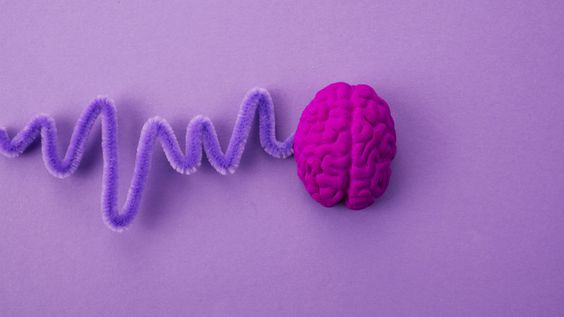Introduction:
Epilepsy is a neurological disorder that affects the central nervous system, causing recurring seizures. These seizures are episodes of abnormal brain activity that can manifest in various ways, ranging from brief periods of staring to prolonged convulsions. Understanding epilepsy, including its symptoms, causes, and available treatment options, is crucial for individuals diagnosed with this condition and their loved ones.

This article aims to provide a comprehensive overview of epilepsy, shedding light on its symptoms, diagnosis, and management strategies. We will delve into the different types of seizures, explore the potential causes of epilepsy, and discuss the various treatment approaches available.
Recognizing the Symptoms of Epilepsy
Epileptic seizures can manifest in a wide range of symptoms, and recognizing these signs is essential for seeking timely medical attention. Some common symptoms of epilepsy include:
- Staring spells: Brief periods of unresponsiveness or staring blankly.
- Involuntary muscle jerks: Sudden, uncontrolled movements of the limbs or body.
- Loss of consciousness: Temporary loss of awareness or fainting.
- Cognitive or emotional changes: Experiencing unusual thoughts, feelings, or sensations.
- Convulsions: Characterized by rhythmic jerking movements of the body and loss of consciousness.
Diagnosis and Treatment of Epilepsy
Diagnosing epilepsy typically involves a combination of medical history review, neurological examination, and specialized tests such as electroencephalogram (EEG) and brain imaging scans. Once diagnosed, treatment for epilepsy aims to manage seizures and improve the individual's quality of life. Treatment options may include:
- Medications: Anti-epileptic drugs (AEDs) are commonly prescribed to reduce the frequency and severity of seizures.
- Lifestyle modifications: Making certain lifestyle changes, such as getting enough sleep and managing stress, can help control seizures.
- Surgery: In cases where medication is ineffective, surgery may be an option to remove or alter the area of the brain causing seizures.
- Other therapies: Vagus nerve stimulation and ketogenic diet are among the alternative therapies that may be considered for some individuals with epilepsy.





